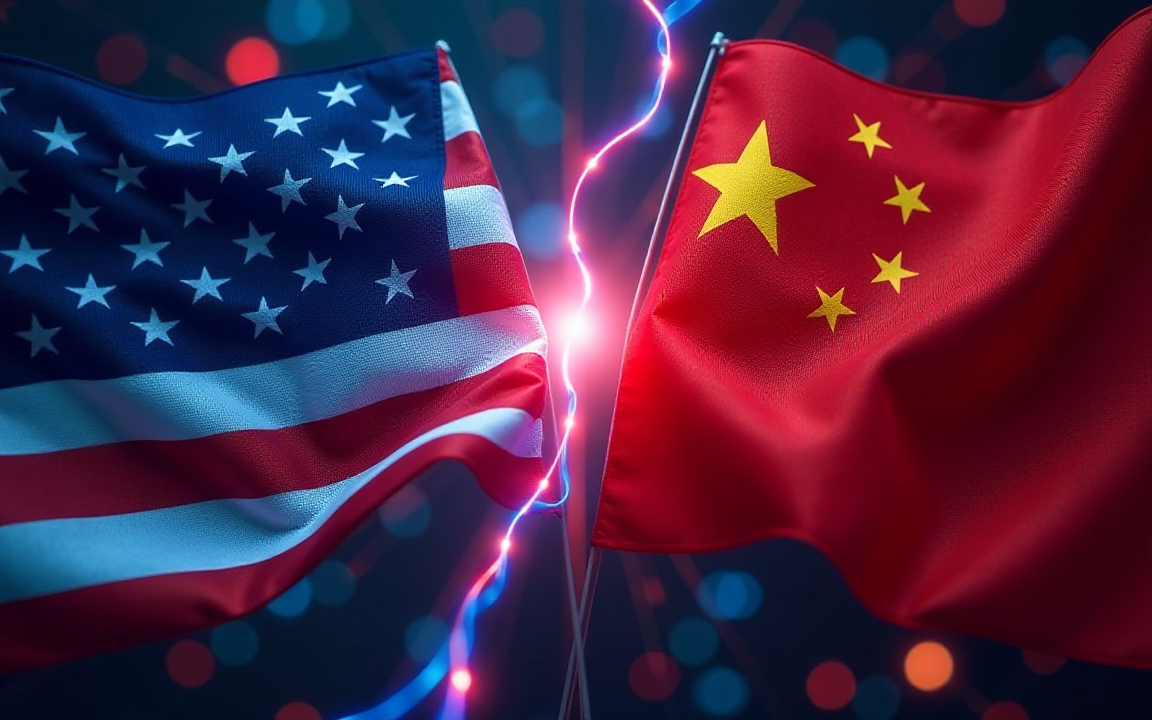For over a decade, the United States has used export controls to stymie China’s progress in acquiring and developing cutting-edge technologies—especially those with military applications such as advanced semiconductors and artificial intelligence.
This long-standing strategy has become a central feature of US–China economic relations, one that successive administrations have refined and intensified.
This week, senior officials from both nations met in London in an effort to manage their growing list of trade disputes.
As expected, export controls were a core topic of discussion.
“In eight years of negotiating with the Chinese, I have never had a meeting where they didn’t want to talk about export controls,” Jamieson Greer, the United States Trade Representative, said on Tuesday.
While it remains unclear whether US negotiators made any concessions in exchange for a reported easing of Chinese export restrictions on rare earth metals—a class of minerals vital to high-tech manufacturing—the foundational architecture of US export controls appears unchanged.
Use of tech controls by Trump during first presidency
President Donald Trump first began weaponizing export controls during his first term, embedding them within a broader agenda aimed at resetting America’s trade relationship with China.
Declaring that China had exploited the US for years, Trump imposed steep tariffs starting in 2018—beginning with solar panels and eventually spanning everything from aircraft to automobiles.
The first significant use of export controls under Trump came the same year, when his administration banned US companies from supplying parts to the Chinese electronics firm ZTE, citing national security concerns.
That move followed a similar action taken years earlier by the Obama administration.
Although Trump later reversed the ban in exchange for a $1 billion fine, it marked a turning point in tech trade enforcement.
A year later, the Trump administration blacklisted Huawei, barring American firms from supplying critical components to the Chinese telecommunications giant.
The action sent ripples through global tech supply chains.
Before leaving office, Trump negotiated a deal for China to purchase $200 billion worth of US exports, a commitment that China largely failed to fulfill, according to later reports.
How Biden shifted the target from firms to sectors
President Joe Biden didn’t abandon Trump’s approach but instead broadened it.
His administration aimed less at individual Chinese companies and more at curbing China’s overarching technological rise.
Under Biden, the Commerce Department issued sweeping controls, including a 2022 rule that restricted any chip manufactured using US equipment or software from being sold to Chinese customers.
Washington also urged its allies to adopt similar stances.
The Netherlands-based ASML, which produces the world’s only advanced extreme ultraviolet lithography machines essential for leading-edge chipmaking, came under pressure to stop supplying Chinese firms.
Biden’s efforts effectively turned a national policy into an international campaign.
Trump’s second term complicates the picture
Since returning to office in January, President Trump has taken steps to revise the policy structure he inherited.
One of his first moves was to rescind a rule—finalized during Biden’s final weeks—that governed the sharing of advanced AI chips with foreign countries.
While the administration has signalled that it will issue a replacement, no details have been released.
The Trump administration also appears to be increasing scrutiny on Nvidia, the leading US chipmaker whose products have become essential in AI development.
Nvidia had adjusted its chips to remain below the thresholds imposed by Biden-era controls, enabling sales to China.
In April, however, US officials imposed new licensing requirements for those chips, prompting Nvidia to announce a $5.5 billion writedown on the unsold inventory.
Additionally, the House Select Committee on the Chinese Communist Party has opened an inquiry into whether Nvidia knowingly violated export rules by supplying technology to DeepSeek, a Chinese AI start-up.
The probe signals growing bipartisan appetite for tightening the flow of sensitive technology, even to third-party buyers across Asia.
The post US-China trade talks and Washington’s decade-long effort to block China’s tech surge appeared first on Invezz

